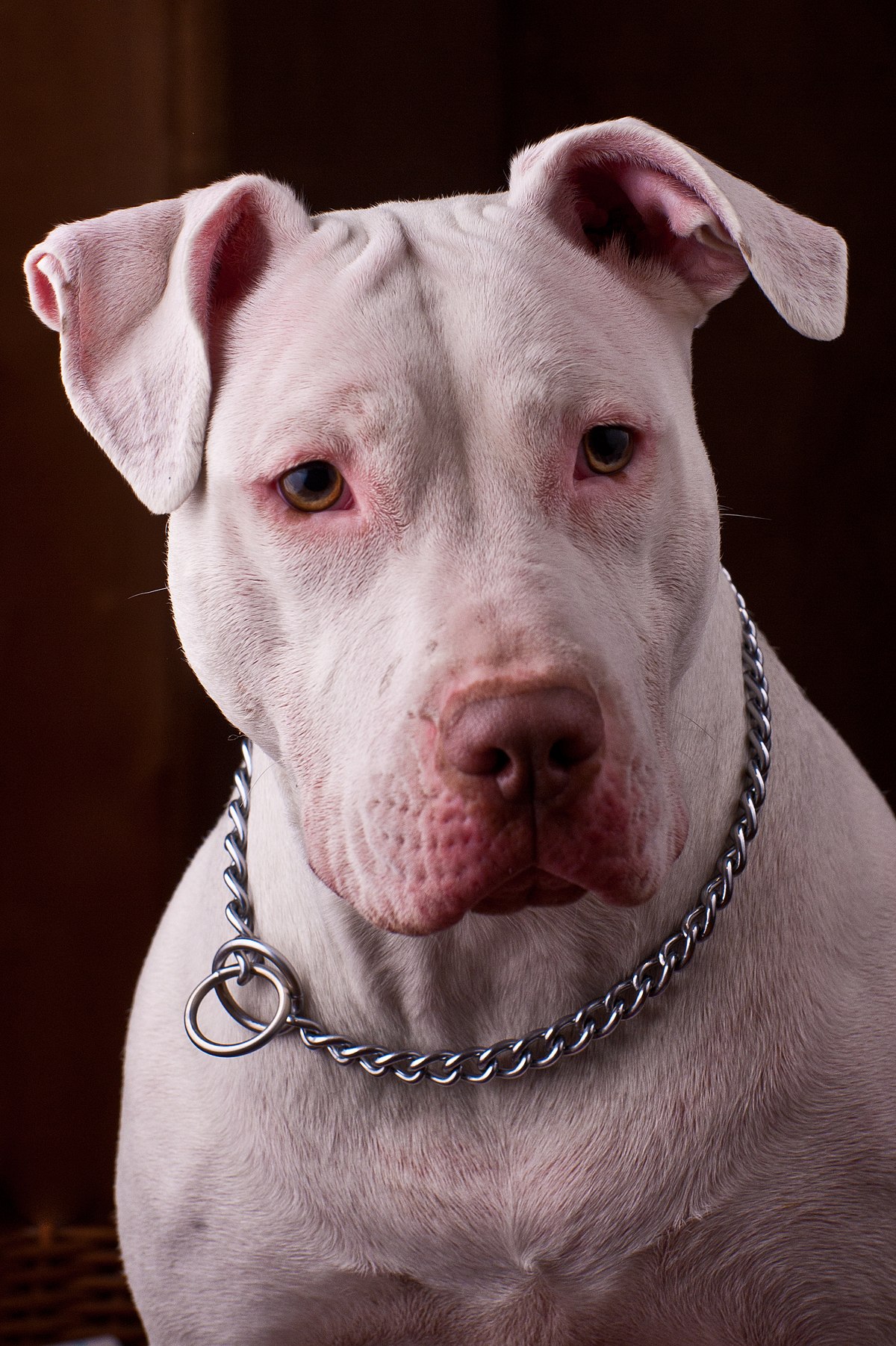When we think about the Pitbull ethnic, we often conjure images of strength, loyalty, and a misunderstood breed. These dogs have been a part of American culture since the early 19th century, and their ancestry is as complex as their reputation. Despite the controversies surrounding their behavior, the truth about Pitbulls is often overshadowed by myths and misconceptions.
Originating from a mix of bulldogs and terriers, the Pitbull ethnic reflects a blend of various traits that make them unique. However, understanding their ethnic background is crucial for fostering a more profound appreciation for these dogs. Throughout history, Pitbulls have been employed in various roles, from farm work to family companions, showcasing their versatility and intelligence.
In this article, we will unravel the rich history of the Pitbull ethnic, exploring its origins, characteristics, and the nuances that define the breed today. Whether you're a Pitbull owner, enthusiast, or simply curious about this fascinating breed, this deep dive will provide insights into what makes the Pitbull ethnic so special.
What is the Origin of the Pitbull Ethnic?
The Pitbull ethnic is rooted in a mix of different dog breeds, primarily originating in the United States during the 19th century. The breed was developed from the Old English Bulldog and various terrier breeds, creating a dog known for its strength and tenacity. These dogs were initially bred for bull-baiting and later for farm work, such as catching vermin and herding livestock.
How Did the Pitbull Ethnic Evolve Over Time?
As time progressed, the purpose and perception of the Pitbull ethnic changed significantly. With the decline of bull-baiting, these dogs transitioned into family pets and working companions. Their loyalty and protective nature made them valuable members of households, gaining popularity among families. However, the breed's reputation took a hit in the 20th century, as they became associated with dog fighting and aggressive behaviors.
What Are the Key Characteristics of the Pitbull Ethnic?
The Pitbull ethnic is characterized by its muscular build, strong jaw, and distinctive appearance. Here are some key features that define this breed:
- Size: Pitbulls typically weigh between 30 to 85 pounds, depending on the specific type.
- Coat: They have a short, smooth coat that comes in various colors and patterns.
- Temperament: Pitbulls are known for their loyalty, intelligence, and playful nature. They are highly trainable and enjoy being part of a family.
- Energy Level: These dogs are energetic and require regular exercise and mental stimulation.
What Are Common Myths About the Pitbull Ethnic?
Despite their loving nature, the Pitbull ethnic is often subject to numerous myths. Understanding these misconceptions is vital for responsible ownership and advocacy for the breed.
Is the Pitbull Ethnic Naturally Aggressive?
One of the most pervasive myths is that Pitbulls are inherently aggressive. In reality, aggression is not a breed trait but rather influenced by environmental factors, training, and socialization. With proper training and care, Pitbulls can be gentle and loving companions.
Can Pitbulls Be Good Family Pets?
Absolutely! The Pitbull ethnic has many qualities that make them excellent family pets. They are known for their loyalty, affection, and protective instincts, making them great companions for children and adults alike. Early socialization and training are key to ensuring a well-adjusted dog.
What Are the Health Considerations for the Pitbull Ethnic?
Like all breeds, the Pitbull ethnic is prone to specific health issues. Understanding these concerns can help owners provide better care for their pets. Common health issues include:
- Hip Dysplasia: A genetic condition that affects the hip joint, leading to arthritis.
- Allergies: Pitbulls can suffer from various allergies, requiring a careful diet and care.
- Skin Issues: Their short coat can be prone to skin problems if not properly cared for.
How Can You Support the Pitbull Ethnic in Your Community?
Advocacy for the Pitbull ethnic is essential for changing public perception and ensuring responsible ownership. Here are some ways to support the breed:
- Promote Education: Share accurate information about Pitbulls to dispel myths.
- Advocate for Responsible Breeding: Support reputable breeders who prioritize health and temperament.
- Support Local Shelters: Many Pitbulls are in need of loving homes; consider adoption or fostering.
What is the Future of the Pitbull Ethnic?
The future of the Pitbull ethnic lies in responsible ownership, education, and advocacy. As more people become aware of the breed's true nature, misconceptions can be challenged, paving the way for a better reputation. With love, training, and proper care, Pitbulls can thrive as cherished family members.
Conclusion: Embracing the Pitbull Ethnic
In conclusion, the Pitbull ethnic is a breed rich in history, loyalty, and love. Understanding their origins and characteristics allows us to appreciate them for the incredible companions they are. By dispelling myths and promoting responsible ownership, we can ensure a brighter future for this misunderstood breed.
Article Recommendations


